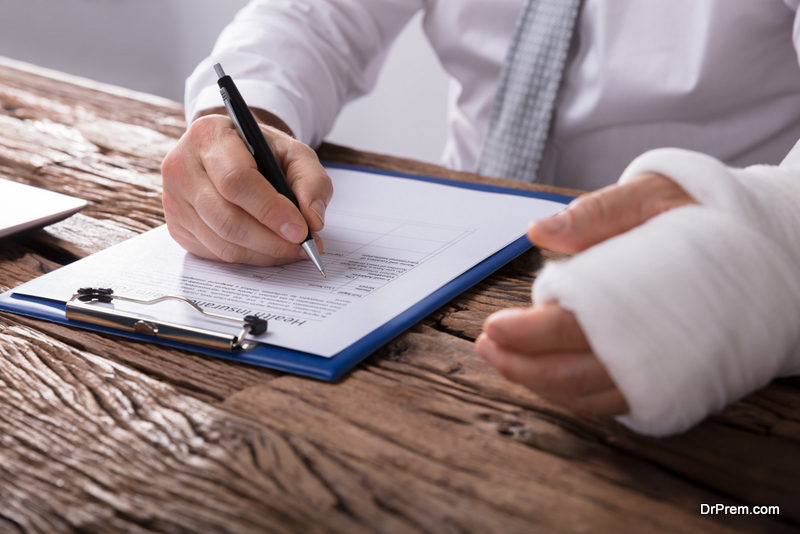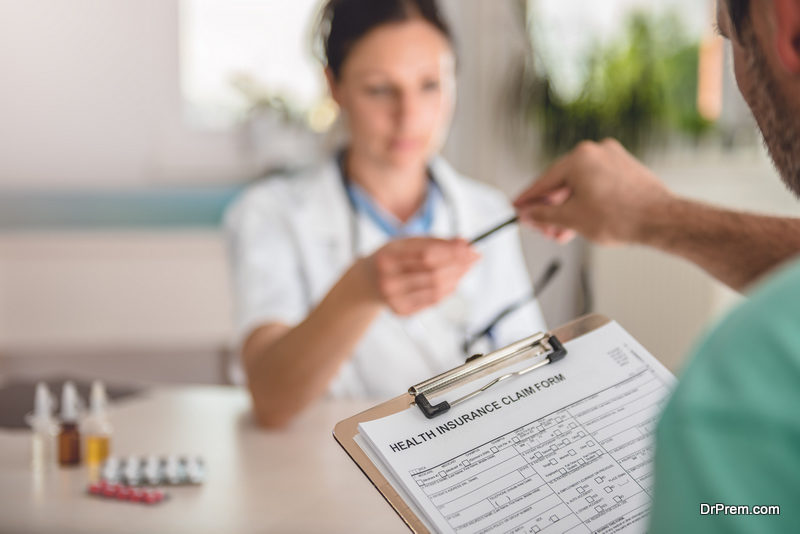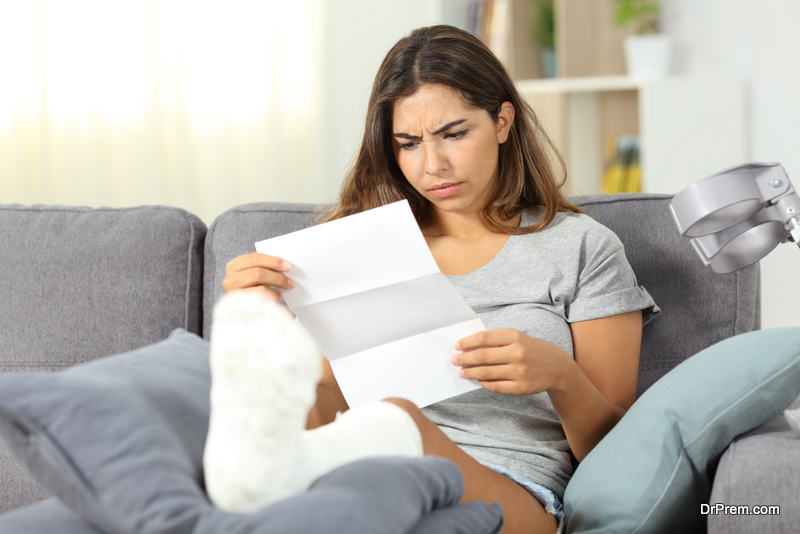After you are involved and injured in a car accident, it goes without saying that you should seek medical attention as soon as possible. You may not have any visible injuries, but you can never be too sure when it comes to your health.
So, you will call an ambulance, then you’ll be transported to the ER, have a doctor see you, and so on. Naturally, all of this can translate into bills that will be on your name and that you’ll have to pay eventually.
But, as we know, in the event of a car accident, you might not have to pay the bills yourself – you might have insurance, or the person responsible for the accident/ injuries will be required to compensate you.
In the end, the question is still the same – how do you handle and who is paying medical bills after a car accident? Well, let’s find out!
Fault vs. No-Fault Insurance
 Depending on the state you live in, you may be eligible for no-fault insurance. In short, the no-fault laws allow policyholders to recover compensation for any of their medical bills, no matter who was responsible for the accident.
Depending on the state you live in, you may be eligible for no-fault insurance. In short, the no-fault laws allow policyholders to recover compensation for any of their medical bills, no matter who was responsible for the accident.
On the other hand, in states that there’s no no-fault insurance, you would have to pursue compensation from the person that’s to blame for the car accident. However, most states do come with no-fault insurance, also known as Personal Injury Protection (PIP).
How Does PIP Work?
The Personal Injury Protection covers the beginning of your medical bills. It does so because the law is applied regardless of fault – no matter who caused the accident, their PIP will pay the medical bills.
Naturally, for any subsequent treatment or medicine, you will have to either pay the bills yourself or rely on a personal injury claim in order to get compensation.
Personal Injury Protection is able to cover medical bills of up to $2500 (if you are not labeled as having an emergency medical condition), or of up to $10000 if you arrive at the hospital with an Emergency Medical Condition.
Moreover, PIP will cover any lost wages up to $10000, as well as a death benefit of $5000.
Who Pays the Medical Bills?
 While your personal injury claim case is running, your attorney will keep track of all the medical bills that you have to pay so that they can ask for the right amount of damages when the case ends.
While your personal injury claim case is running, your attorney will keep track of all the medical bills that you have to pay so that they can ask for the right amount of damages when the case ends.
However, you – as the injured person – are still responsible for paying your own bills.
When paying them, you will firstly rely on your Personal Injury Protection, which covers up to 80% of your initial medical bills. Then, any additional bills will be covered by your health insurance.
In case your PIP funds are over, and you do not have health insurance, your attorney can help you find medical financing.
On the other hand, if the other driver was negligent in an obvious manner, their insurance company will be responsible for the costs of any additional medical bills and pay them in the settlement.
Final Thoughts
There are more than a couple of ways through which you can handle your medical bills after a car accident, without having to pay them on your own. Depending on the state you live in, you may be required by law to have a Personal Injury Protection if you drive a vehicle.
The PIP will help you deal with the first wave of bills. Then you can rely on your health insurance. Ultimately, if you were not the one responsible for the car accident, you will most likely be given compensation for all the additional bills.
Article Submitted By Community Writer




